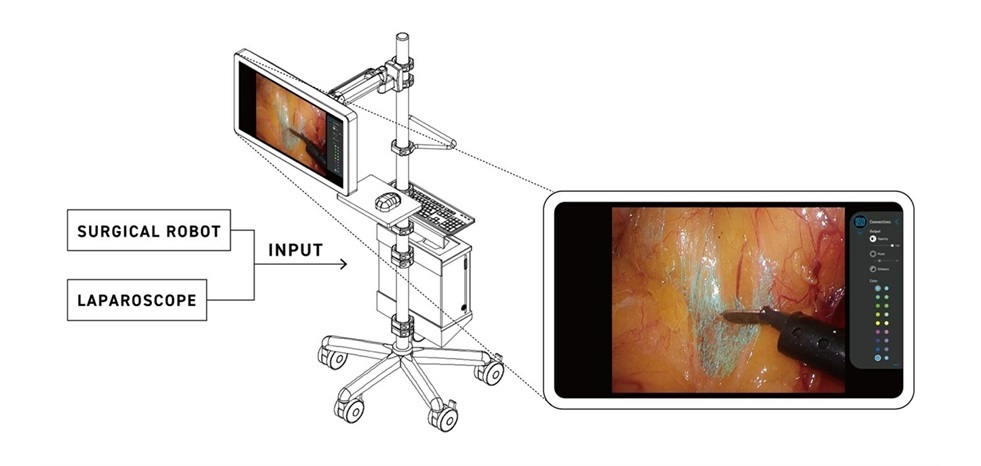Hormone Replacement Therapy Preserves Joint Implants
By HospiMedica International staff writers
Posted on 24 Feb 2015
A new study reveals that hormone replacement therapy (HRT) is associated with an almost 40% decrease in the rate of revision surgery for hip and knee implants in women.Posted on 24 Feb 2015
Researchers at the University of Oxford (United Kingdom), Universitat Autònoma de Barcelona (UAB; Spain), and other institutions conducted a study of 24,733 women who underwent primary total knee arthroplasty (TKA) or total hip arthroplasty (THA) to examine if HRT could reduce osteolysis and subsequent prosthesis loosening, the most common cause for revision surgery. The researchers explored associations with HRT use for over a year, adherence, and cumulative use and revision risk.
The results showed that the hazard ratio for implant failure fell to 0.62 after six months among HRT users. The risk reduction fell even further, reaching 0.48 for those who continued on HRT for at least a year. The results also showed that higher adherence and therapy duration were associated with further reductions in revision rates, but that preoperative HRT appeared unrelated to implant survival. The study was published in the March 2015 issue of Annals of the Rheumatic Diseases.
“Animal studies have suggested that estrogen deficiency exerts a negative influence on bone tissue around knee implants, while HRT minimizes periprosthetic bone loss and improves bone ingrowth around the implant,” concluded lead author Nigel Arden, MD, of the University of Oxford, and colleagues. “The findings that significant reductions in revision risk were seen among HRT users are encouraging for the research of antiresorptive agents that might improve outcomes following total joint replacement surgery in the future.”
The most common reason for joint replacement failure in the first year post implantation is due to aseptic loosening, which can result from osteolysis in the surrounding bone. While the mechanisms underlying loosening are still obscure, it is widely accepted that periprosthetic bone loss secondary to chronic inflammation and osteoclastic activity is the main pathway.
Related Links:
University of Oxford
Universitat Autònoma de Barcelona













.jpg)
